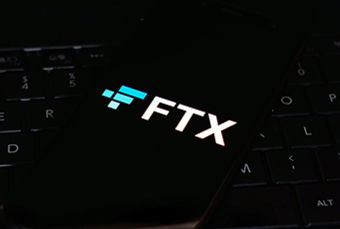Bitcoin has been in the news due to the largest on-line exchange, Mt. Gox, suspending trading in February 2014 and filing for protection from creditors. At that time, Mt. Gox, based in Japan, admitted that 850,000 bitcoin (worth $450 million) were missing. So, what exactly is “bitcoin”?
Bitcoin is a “virtual” currency. There is no physical paper or coins that you can touch or feel. It is an online currency. There is no centralized authority controlling bitcoin like other currencies such as the U.S. Dollar, Euro, and Yen.
How Do You Get Bitcoin?
Bitcoin can be purchased through an exchange or received in return for the sale of products and services. Once received, bitcoin can in turn be spent for other products or services. Today, there are almost 2,400 online businesses that accept bitcoin.What is the Appeal of Bitcoin?
There are several reasons why bitcoin has appeal to some individuals. They include both good and not so good reasons:- Limited Supply. The amount of bitcoin that can be created is capped at 21,000,000. For individuals concerned that governments are printing too much money, having a type of currency with a limited amount of supply is appealing.
- Privacy. Bitcoin provides a certain amount of privacy for its users. The ownership and recording of transactions with bitcoin is essentially a numerical code; therefore, there is no personal information attached when a person uses it. However, depending on where the bitcoin is used or stored this may be changing and some privacy may be given up. Several stories regarding bitcoin being used for online illegal activity has raised issues concerning the level of anonymity.
- Speculation. The value of bitcoin has skyrocketed in the past year. It has ranged from $100 to over $1,100 over the past twelve months and is now valued at approximately $500. This volatility in value is not appealing for a currency. To be widely accepted and used, the value of a legitimate currency needs to remain relatively stable.
What Does the IRS Say?
The IRS announced last week that bitcoin will be treated as property and not as currency. This ruling will likely make it more difficult for bitcoin users. Every time someone uses bitcoin to purchase a good or service, they will be required to keep track of their cost basis on those bitcoin for tax purposes. If the bitcoin was purchased or received a long time ago, it has likely gone up in value. Therefore, the individual will pay either capital gain or ordinary income tax on the increase in value when he/she files income taxes for that year. When the tax impact is included, a purchase may cost more when bitcoin is used than when dollars are spent. The tax impact may cause some bitcoin holders to treat it more like an investment and less like a currency. If investors hold on to their bitcoin as a long term investment, it will limit the bitcoin in everyday circulation. A currency cannot exist if the everyday supply is too limited.
Summary
The future of bitcoin is uncertain. The Mt. Gox bankruptcy provided a bad start to the year and the recent IRS ruling may be the biggest obstacle yet for bitcoin becoming a mainstream currency. The IRS ruling may keep bitcoin in the speculative investment category and a long way from becoming a commonly used online currency. Recommended Articles
Bitcoin ETFs: Do They Have a Place in Your Portfolio?
It's important to note that a handful of Bitcoin ETFs...
High Inflation, Strong Dollar…A Contradiction?
While a strengthening dollar has provided relief for US...





